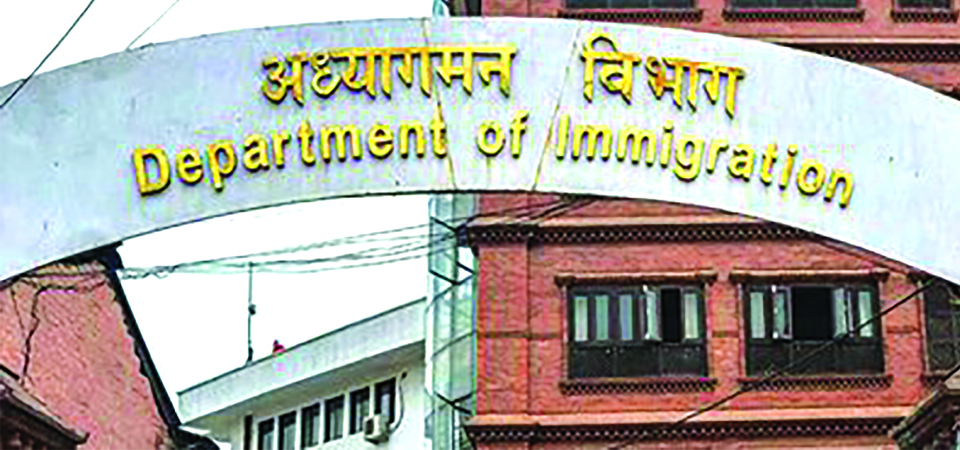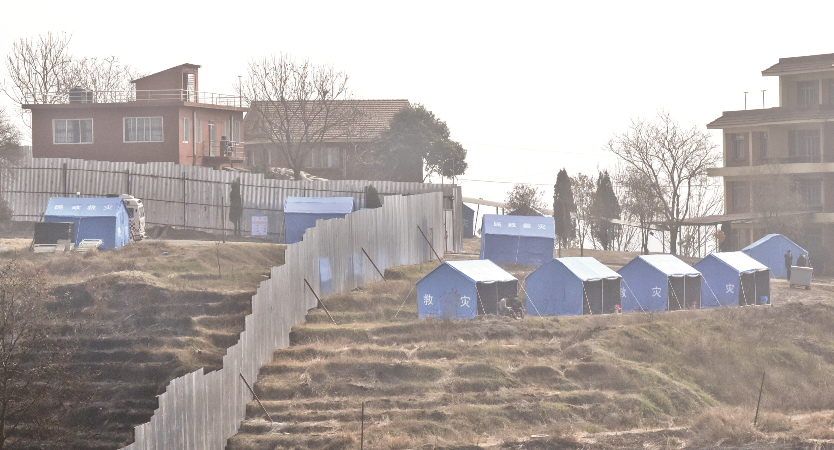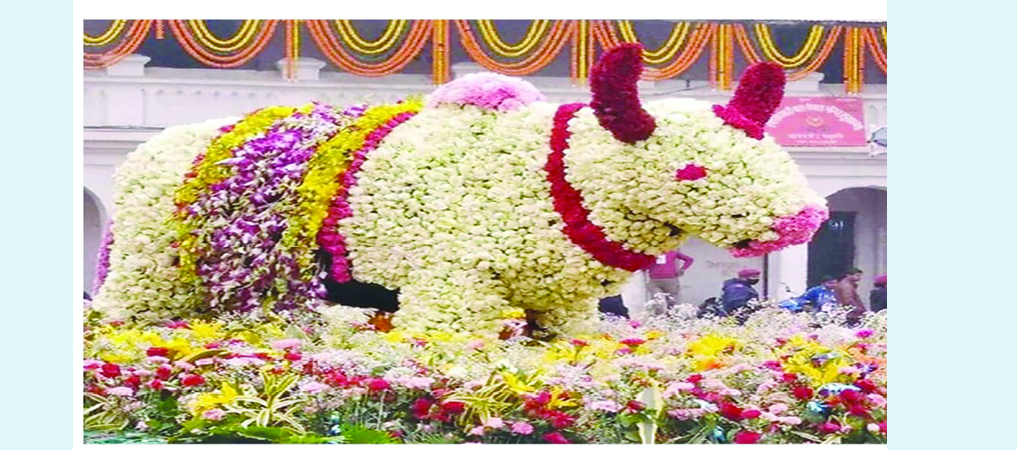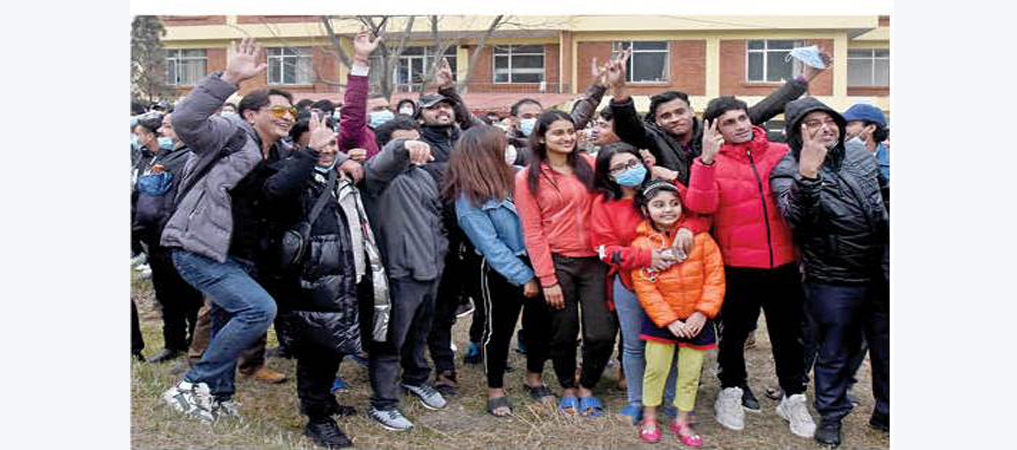'Approval of local levels for women to fly abroad not mandatory’

By Sampada A. Khatiwada
Kathmandu, Feb. 12: The Home Ministry on Thursday issued a press statement clarifying that approval of local levels for women to fly abroad was not made mandatory yet.
The Home Ministry made the clarification after a proposal of the Department of Immigration to the Ministry to amend the provision regarding visit-visa in the Immigration Procedure 2065 drew severe criticism.
"Discussions on framing measures to prevent the misuse of tourist visas and to ensure the security of women abroad are going on. However, no decision has been made yet," said the ministry in its statement.
Owing to the increasing cases of women trafficking and exploitation, the department had proposed to amend the procedure and make it mandatory for women aged below 40 years willing to travel to Gulf and African nations with visit-visa for the first time to get the approval of their family and recommendations from the ward office.
However, the proposal was portrayed as regressive stating that it tried to treat women as 'second-class' citizens by hundreds of people on social media as soon as the news reports regarding the amendment proposal broke out.
Meanwhile, Tek Narayan Paudel, information officer at the DoI, also clarified that the proposal required approval of the family or recommendation of ward office only to those women aged below 40 years who are visiting Gulf and African nations on visit visa for the first time.
"It is only a proposal and not the final decision," said Paudel, adding, "Trafficking of labourers in the Gulf and African nations are increasing in recent times which has posed risk to women abroad."
Paudel added that the local level's recommendation would help in keeping the record of women who fly to the Gulf and African countries. "We made the proposal only to minimise the risk of Nepali women being trafficked or exploited overseas." The department also issued a press statement on Thursday regarding the proposal. Clarifying that no concrete
decision had been made on the proposal and only unofficial discussions were being held, the department urged everyone to not be under the delusion. DoI further stated that decisions regarding issues of public concern like this would be taken in line with the rights guaranteed by the Constitution, international principles, and public opinion without curtailing the fundamental rights of the citizens.
Earlier, many people had raised questions about the proposal.
Ujjwal Bikram Thapa, a social activist, had defined the DoI's move as catastrophic. "I have a big objection to this proposal. Women across the world, including Nepal, have the right to live and move freely."
"While the Constitution has given equal place to men and women, proposing regressive and discriminatory rules like these reflects that the government is trying to control the women's right," said Thapa.
"There's no denying the fact that the government must address the issues of trafficking and exploitation of Nepali women abroad and take effective measures as needed," said Thapa, adding, "However, rules like these have nothing to do with trafficking of women. It almost feels like we are moving back to the 18th century where women were oppressed and their rights compromised."
Likewise, Miss Nepal World 2018 Srinkhala Khatiwada through her Instagram account said, "Honestly, I wasn’t surprised when I heard about this proposal. But the way many people, men and women, opposing the proposal either through social media or vocally has given a positive sign that we will not tolerate any oppressions now."
Khatiwada further went on to say that the proposal curtailed the fundamental rights of women including the right to expression and the right to movement. "It seems like the government is saying that it needs to protect women but at the cost of women giving up on their freedom," she added.
"When the policymakers cannot understand the root of any problem, they end up framing such regressive rules," said Shreya Joshi, a lawyer.
Recent News

Do not make expressions casting dout on election: EC
14 Apr, 2022
CM Bhatta says may New Year 2079 BS inspire positive thinking
14 Apr, 2022
Three new cases, 44 recoveries in 24 hours
14 Apr, 2022
689 climbers of 84 teams so far acquire permits for climbing various peaks this spring season
14 Apr, 2022
How the rising cost of living crisis is impacting Nepal
14 Apr, 2022
US military confirms an interstellar meteor collided with Earth
14 Apr, 2022
Valneva Covid vaccine approved for use in UK
14 Apr, 2022
Chair Prachanda highlights need of unity among Maoist, Communist forces
14 Apr, 2022
Ranbir Kapoor and Alia Bhatt: Bollywood toasts star couple on wedding
14 Apr, 2022
President Bhandari confers decorations (Photo Feature)
14 Apr, 2022











